Table of Contents
- Problem A: How do I decide between blocking, muting, or restricting my ex after a breakup without feeling like I’m overreacting?
- Problem B: What if avoiding digital contact feels extreme — won’t that make me look petty or weak?
- Problem C: Can’t I just trust myself not to look? Why do I need tech barriers at all?
- Closing
- FAQ
- FAQ
- Sources
You know that restless itch after a breakup — the one that has your thumb hovering over your ex’s profile picture like it’s a bruise you can’t stop pressing? One glance at their latest post, one story you weren’t tagged in, and suddenly you’re spiraling.
It feels like the breakup isn’t over because your phone keeps stitching them back into your life. That’s where digital hygiene after breakup becomes vital. And no, it’s not about being petty. It’s about protecting your peace.
This is where the trio of boundaries — block, mute, restrict — become less like weapons and more like armor. The question isn’t whether you should use them, but how. Let’s walk through the decision tree that helps you choose without regret.
Problem A: How do I decide between blocking, muting, or restricting my ex after a breakup without feeling like I’m overreacting?
The level of distance you choose should match the intensity of your distress. Research shows that people who keep tabs on their ex online feel more distressed, more longing, and less growth.
In plain words: the more access you give yourself, the harder it is to move on.
- If you’re checking constantly, spiraling into comparisons, or rereading captions like they’re coded messages → Block. It’s the digital equivalent of closing a locked door so your mind can stop pacing the hallway.
- If reminders sting but you’re not obsessively checking → Mute. You won’t see their updates, but you also won’t trigger drama by vanishing them from your contact list.
- If you must stay connected (co-parenting, work, or shared circles) → Restrict. They stay visible, but with limits, so your recovery doesn’t get hijacked by daily reminders.
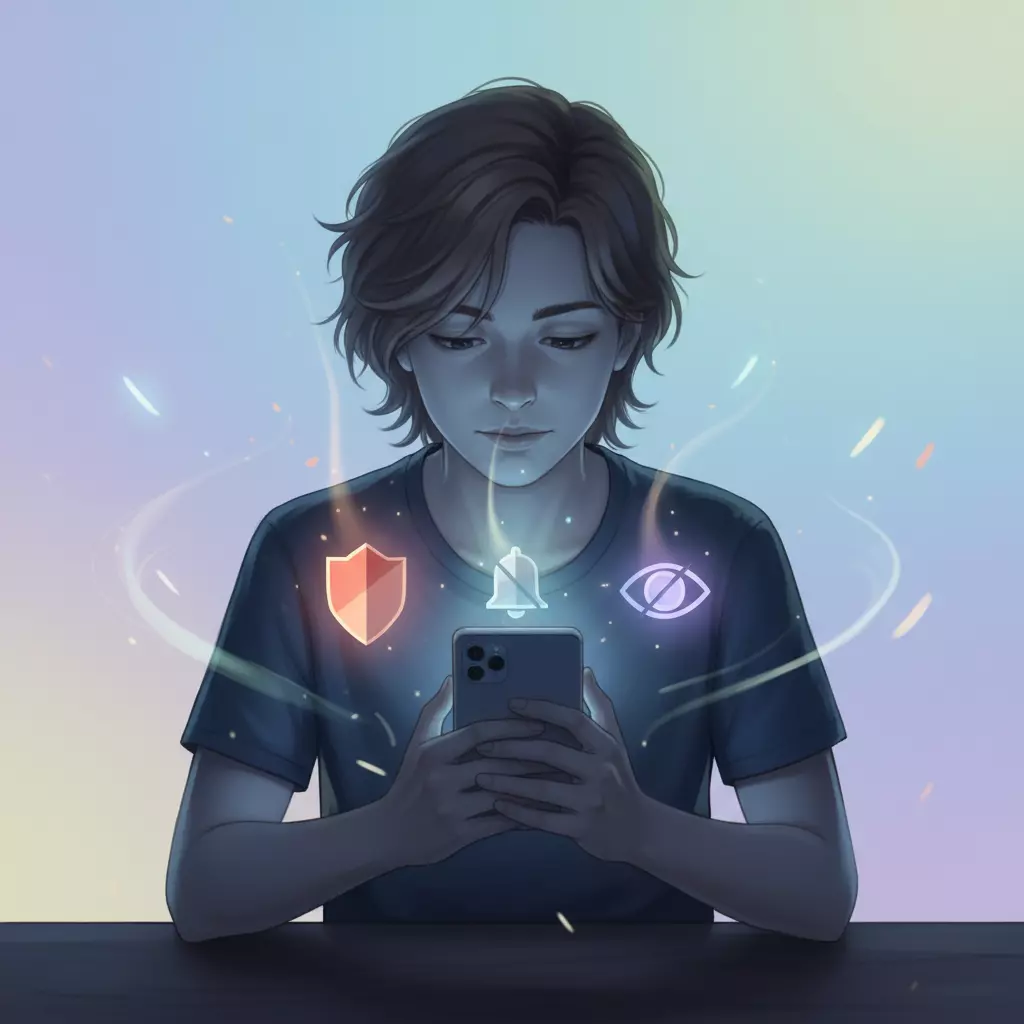

No Contact Isn’t a Game – It’s a Healing Strategy
Let’s examine the No Contact strategy in: Science & Psychology, Planning it, Digital Hygiene, Relapses-Cravings & Crashes, Special Cases & Exceptions… and Signs that it’s working +What comes next.
Tap here to read more →Problem B: What if avoiding digital contact feels extreme — won’t that make me look petty or weak?
Here’s the quiet truth: healing isn’t a performance. It’s not about what your ex, your friends, or anyone else thinks.
Studies show that ongoing reminders keep depressive symptoms alive. Every ping, every glimpse of their face in your feed is like re-scratching a wound that’s trying to scab.
Blocking or muting doesn’t signal weakness. It signals wisdom.
You’re choosing your nervous system over your image, your recovery over appearances. When you reframe boundaries as hygiene — the way you’d brush your teeth to avoid cavities — you realize it’s not extreme. It’s just care.
Problem C: Can’t I just trust myself not to look? Why do I need tech barriers at all?
We’d all love to believe willpower is enough. But heartbreak is sneaky. It feeds on curiosity, nostalgia, and loneliness.
Research shows that rumination and social media feed each other in a vicious loop — the more you think, the more you check, the worse you feel.
Relying on self-control alone is like walking past an open box of cookies when you’re starving. Eventually, you’ll cave.
That’s why tech barriers matter:
- Blocking cuts temptation at the root
- Muting hides triggers from your daily scroll
- Restricting keeps interaction minimal when disconnection isn’t possible
Think of them as the seatbelts of the digital world. Not because you plan to crash, but because crashes happen when you’re vulnerable.
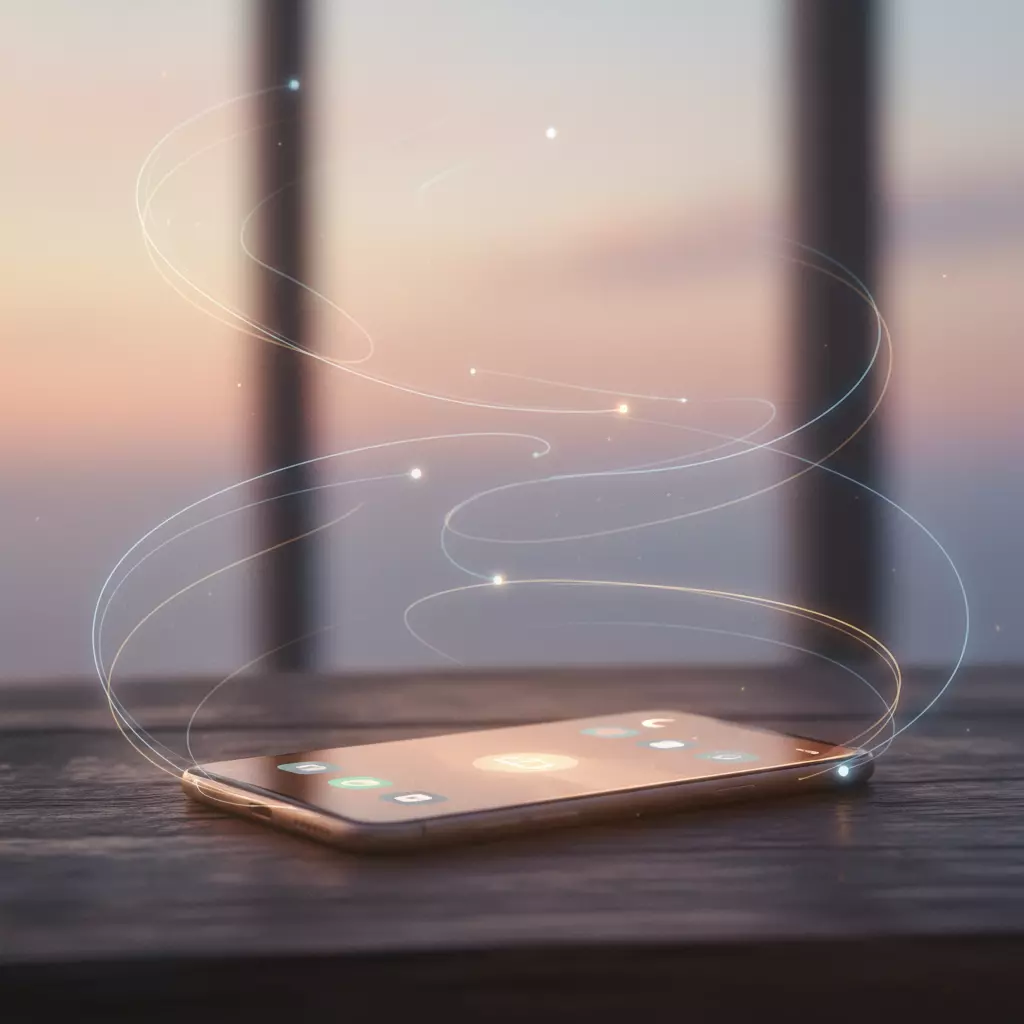
Closing
Breakups aren’t healed by time alone; they’re healed by what you stop feeding.
Block, mute, restrict — each is just a different dial you can turn to lower the noise and let your heart rest. You don’t need to prove anything by staying digitally “strong.” Sometimes strength looks like giving yourself the silence you deserve.
And in that quiet, you’ll find the space where healing finally takes root.
FAQ
Q1: What is digital hygiene after a breakup?
A1: Digital hygiene after breakup means setting healthy boundaries with technology to reduce exposure to your ex. This may include blocking, muting, or restricting them on social media to protect your peace and speed up recovery.
Q2: Should I block my ex on social media or just mute them?
A2: Blocking is best if you constantly check their profiles or feel stuck in obsessive thoughts. Muting works well if you don’t want daily reminders but also don’t want to cause drama by removing them.
Q3: Is it petty to block someone after a breakup?
A3: No, blocking isn’t petty — it’s a healing strategy. Studies show that seeing reminders of an ex online prolongs distress. Blocking simply gives your nervous system the silence it needs to recover.
Q4: How do I choose between block, mute, and restrict?
A4: Think of it as a decision tree: if you’re spiraling into checks → block; if reminders sting but aren’t constant → mute; if practical contact is necessary → restrict. Each option is a form of digital hygiene after breakup, tailored to your needs.
FAQ
Q1. What is digital hygiene after a breakup?
Digital hygiene after breakup means setting healthy boundaries with technology to reduce exposure to your ex. This may include blocking, muting, or restricting them on social media to protect your peace and speed up recovery.
Q2. Should I block my ex on social media or just mute them?
Blocking is best if you constantly check their profiles or feel stuck in obsessive thoughts. Muting works well if you don’t want daily reminders but also don’t want to cause drama by removing them.
Q3. Is it petty to block someone after a breakup?
No, blocking isn’t petty — it’s a healing strategy. Studies show that seeing reminders of an ex online prolongs distress. Blocking simply gives your nervous system the silence it needs to recover.
Q4. How do I choose between block, mute, and restrict?
Think of it as a decision tree: if you’re spiraling into checks → block; if reminders sting but aren’t constant → mute; if practical contact is necessary → restrict. Each option is a form of digital hygiene after breakup, tailored to your needs.
Scientific Sources
-
Tara C. Marshall (2012): Facebook Surveillance of Former Romantic Partners: Associations with Postbreakup Recovery and Personal Growth
Key Finding: Remaining Facebook friends with an ex or surveilling their profile was linked to greater distress, longing, negative feelings, and lower personal growth.
Why Relevant: Supports blocking or muting as digital hygiene since online surveillance obstructs healing.
https://pubmed.ncbi.nlm.nih.gov/22946958/ -
TB Tran, Giovanni M. Leung, Kai K. Tong (2015): The role of Facebook use in mediating the relation between rumination and perceived adjustment following relationship breakup
Key Finding: Rumination leads to more Facebook checking, which worsens emotional adjustment after breakup.
Why Relevant: Shows why blocking/muting can break the rumination loop and support emotional recovery.
https://www.sciencedirect.com/science/article/abs/pii/S0747563215001715 -
A. M. Verhallen et al. (2021): Depressive symptom trajectory following romantic relationship dissolution: a latent growth modeling approach
Key Finding: Depressive symptoms decline faster when reminders of the ex are reduced; frequent reminders slow recovery.
Why Relevant: Evidence that reducing digital reminders (through block, mute, restrict) accelerates healing.
https://www.ncbi.nlm.nih.gov/pmc/articles/PMC9786723/
- Work-Related Contact After Breakup: Neutral Templates for Stress-Free Replies

- Email and Calendar Filters for Breakups: Smart Digital Hygiene That Protects Your Healing

- Digital Hygiene After Breakup: Block, Mute, Restrict — A Healing Decision Tree That Works
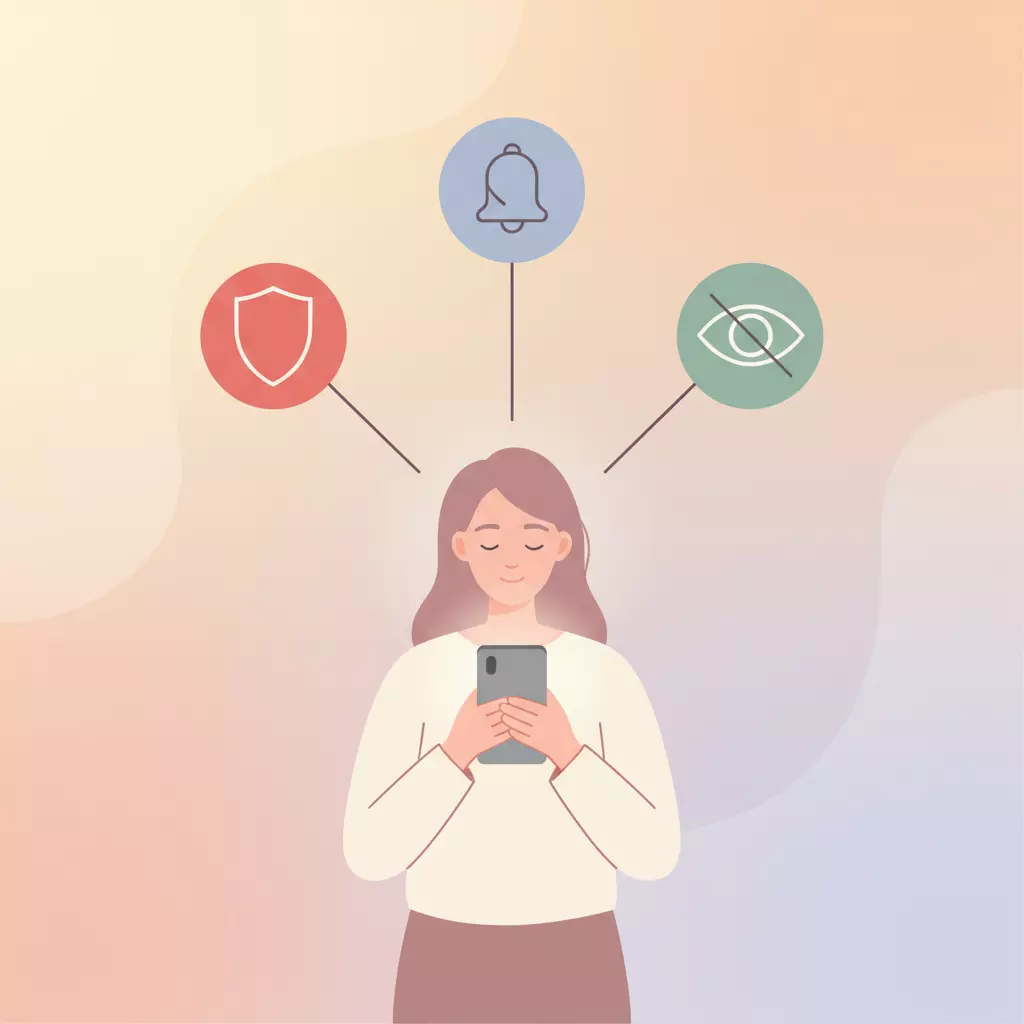
- Queer Digital Hygiene: Rebuild Your Feed From Triggers to Affirming Content in 7 Days
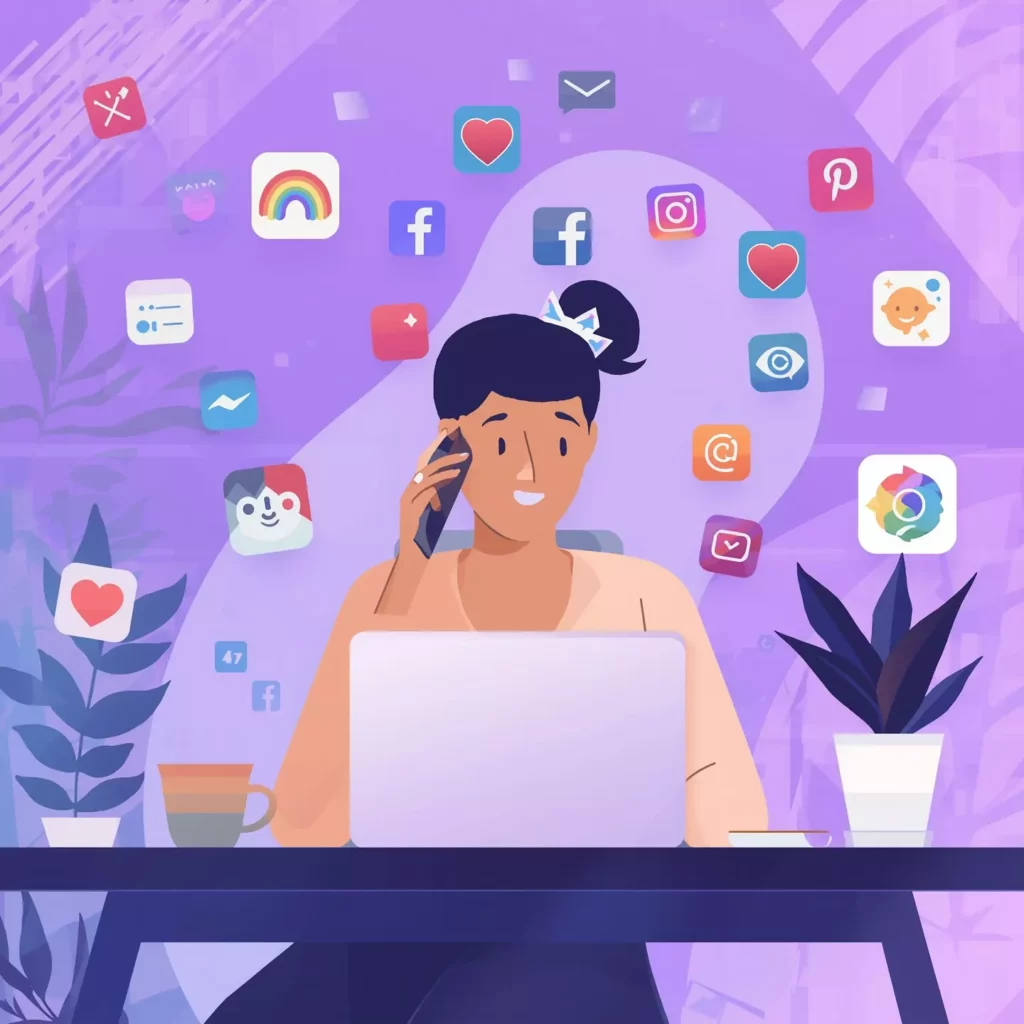
- Transgender Digital Hygiene: Protecting Identity, Deadnaming, and Healing Through Archives

- Lesbian Women & Digital Hygiene: How to Avoid Echo Chambers on Instagram & TikTok

- Gay Men & No Contact: The Best Dating App Strategy to Heal Fast
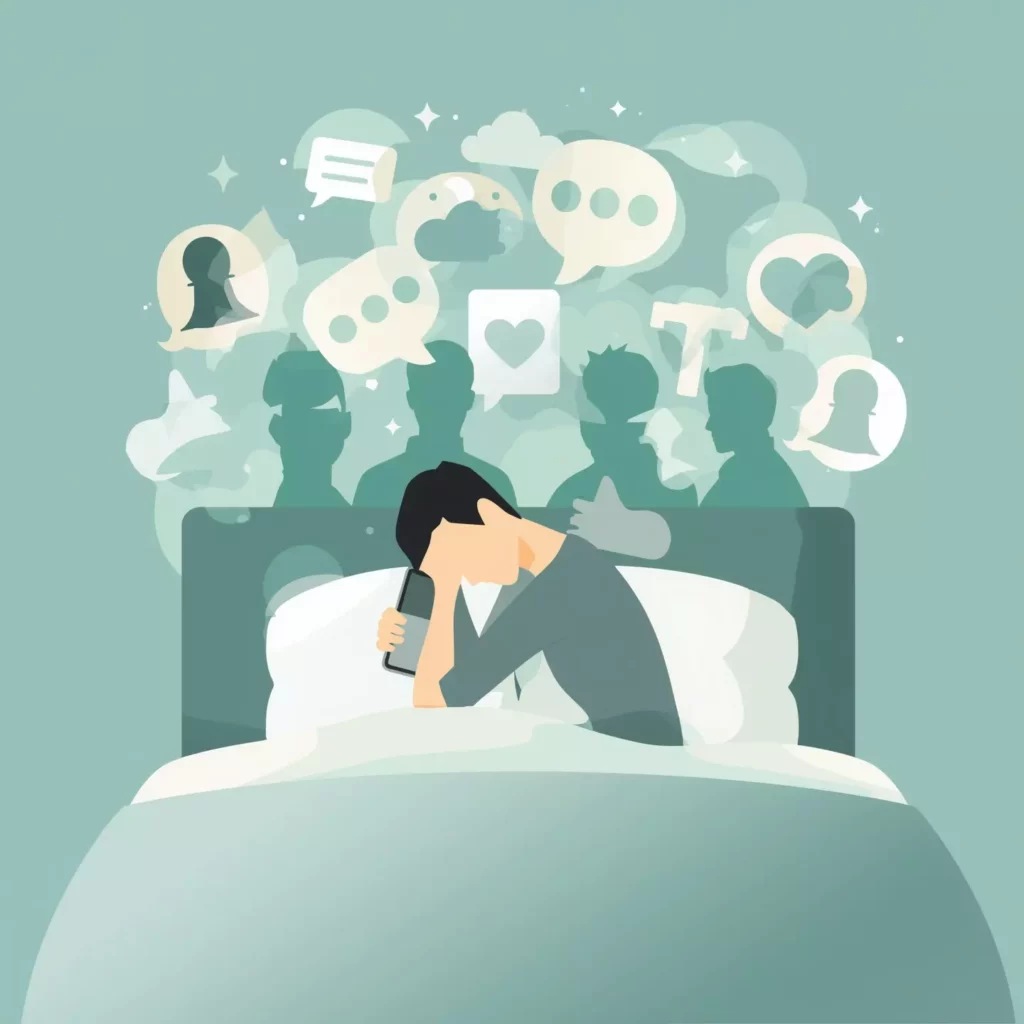
- Women & Digital Hygiene After a Breakup: Powerful Week One Algorithm Rewiring
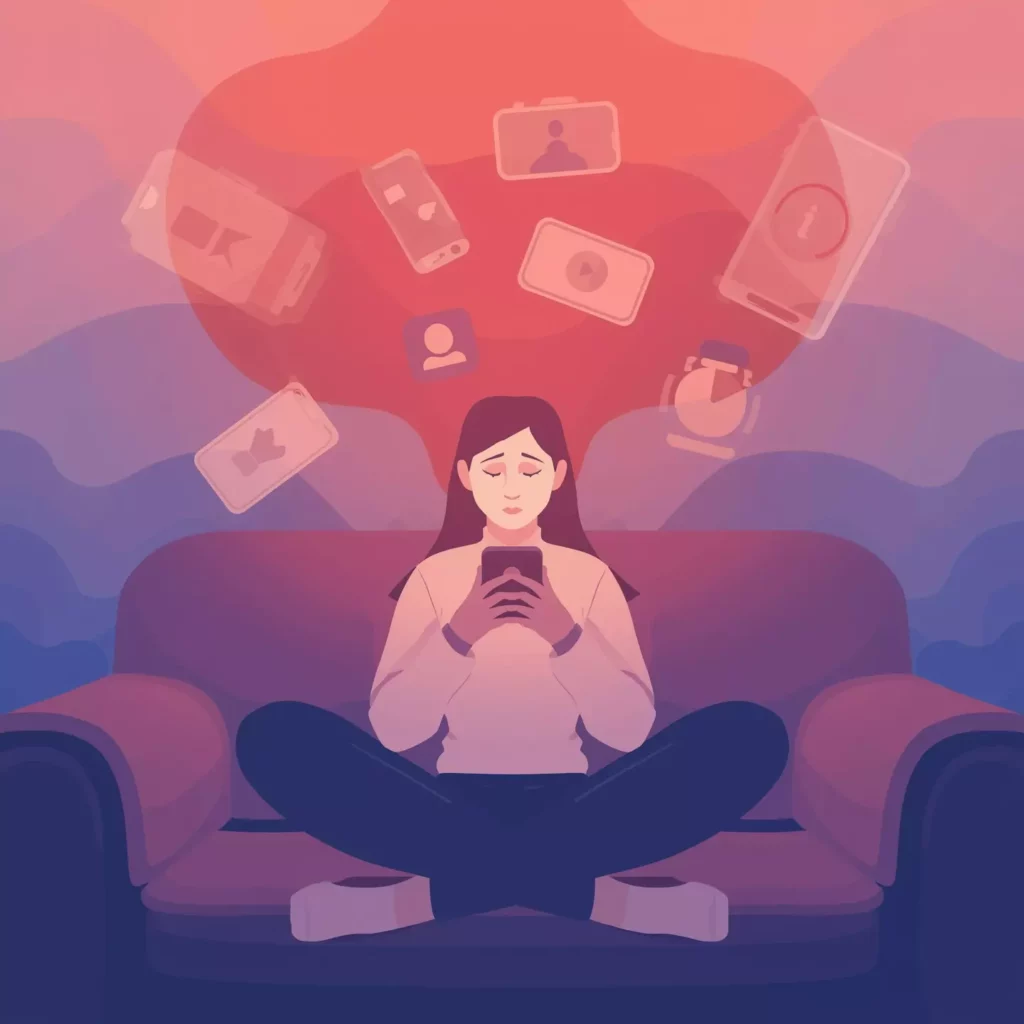
- Phone Detox for Men: Powerful Focus Modes & Friction Hacks to Heal Faster

Leave a Reply